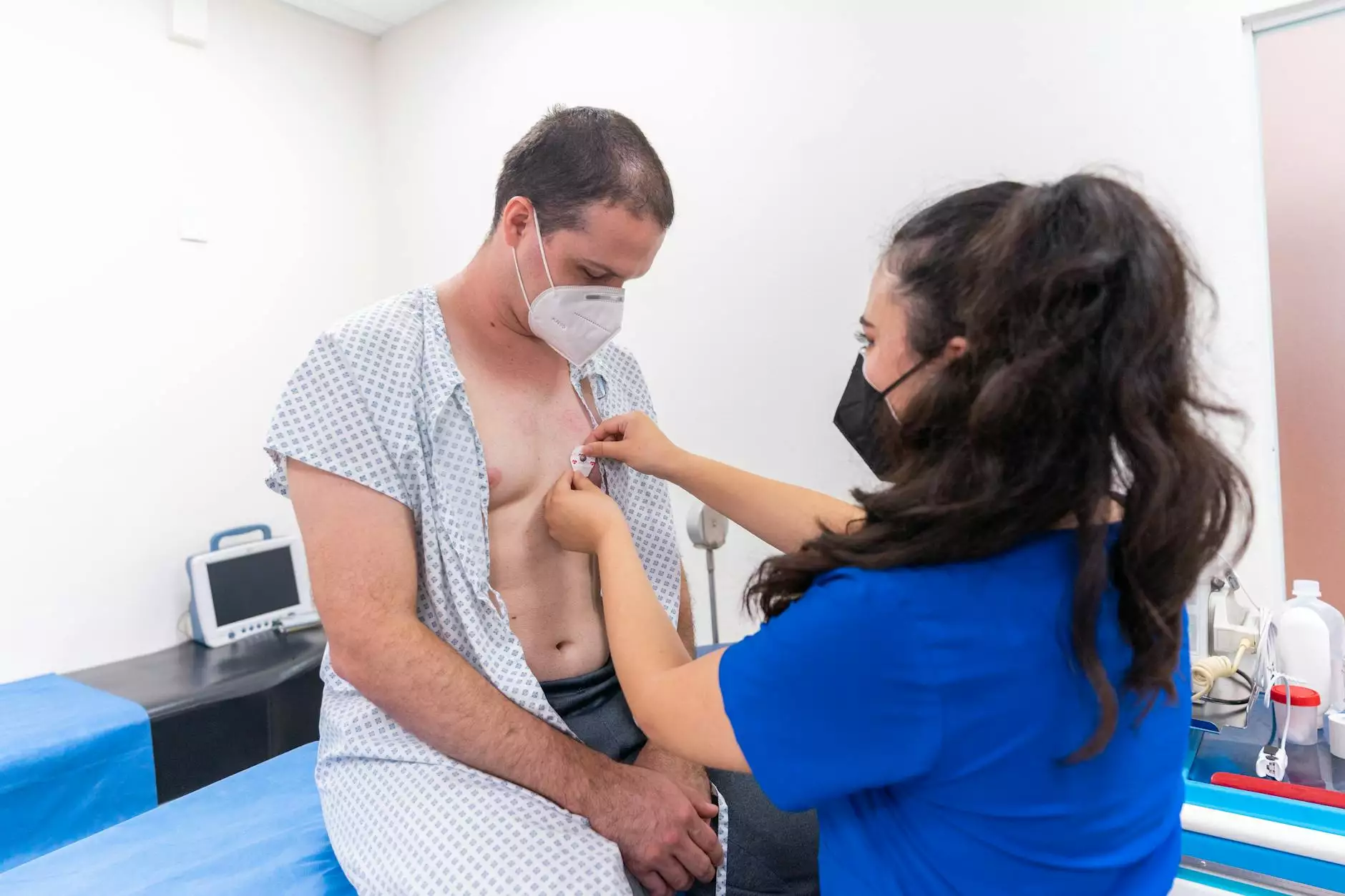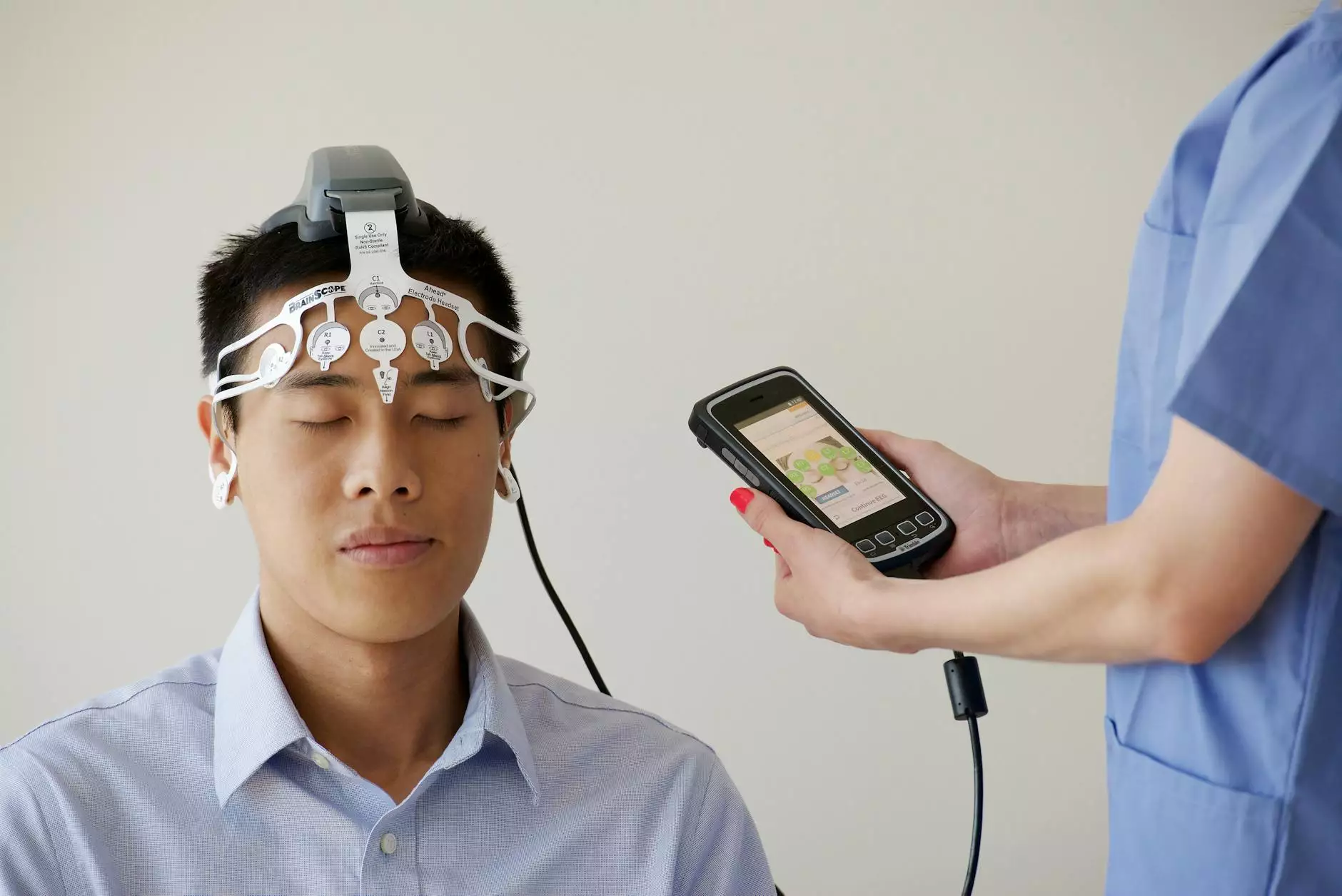When Should I Replace My Pacemaker?

Introduction
Welcome to Bay Regional Medical Center's informative article on pacemaker replacement. If you have a pacemaker implanted or are considering getting one, it's important to understand when replacement might be necessary. In this article, we will explore the reasons why a pacemaker may need to be replaced and provide important information to help you make informed decisions regarding your health.
Understanding Pacemakers
Pacemakers are medical devices that help regulate your heart's rhythm. They are typically implanted under the skin and connected to the heart through wires, also known as leads. Over time, the battery life of a pacemaker can decrease, and the leads may degrade or malfunction. When these issues arise, replacement may be necessary.
When to Consider Pacemaker Replacement
While each case is unique, there are several common reasons why a pacemaker may need to be replaced:
Battery Life
The battery life of a pacemaker typically ranges from 5 to 15 years, depending on various factors such as usage and device type. As the battery nears the end of its life, you may experience symptoms such as shortness of breath, dizziness, or irregular heartbeats. If your pacemaker is reaching its expected battery life, consulting with your healthcare provider is crucial to determine if replacement is necessary.
Lead Malfunction
Over time, the leads that connect the pacemaker to your heart may degrade or malfunction. This can lead to problems with pacing, resulting in symptoms like fatigue, lightheadedness, or fainting. If your healthcare provider detects lead issues during routine check-ups or if you experience any unusual symptoms, they may recommend replacing the pacemaker.
Advancements in Technology
As medical technology evolves, newer pacemakers offer enhanced features and improved performance compared to older models. Bay Regional Medical Center stays at the forefront of these advancements, providing patients with the latest innovations. If your current pacemaker lacks the capabilities of newer models or is no longer suitable for your specific needs, your healthcare provider might suggest a replacement.
The Pacemaker Replacement Procedure
When it is determined that pacemaker replacement is necessary, your healthcare provider will discuss the procedure with you in detail. Pacemaker replacement is typically performed under local anesthesia, and the old pacemaker is carefully removed to ensure the leads are intact. The replacement pacemaker is then connected to the leads, and proper functionality is confirmed before completing the surgery.
Conclusion
Knowing when to replace your pacemaker is important for your overall health and well-being. If you experience any symptoms or have concerns about your pacemaker, it is vital to consult with a healthcare provider. Bay Regional Medical Center is dedicated to providing comprehensive care and guidance in pacemaker replacement procedures. Contact us today to schedule an appointment and ensure your pacemaker continues to support your heart's health.










